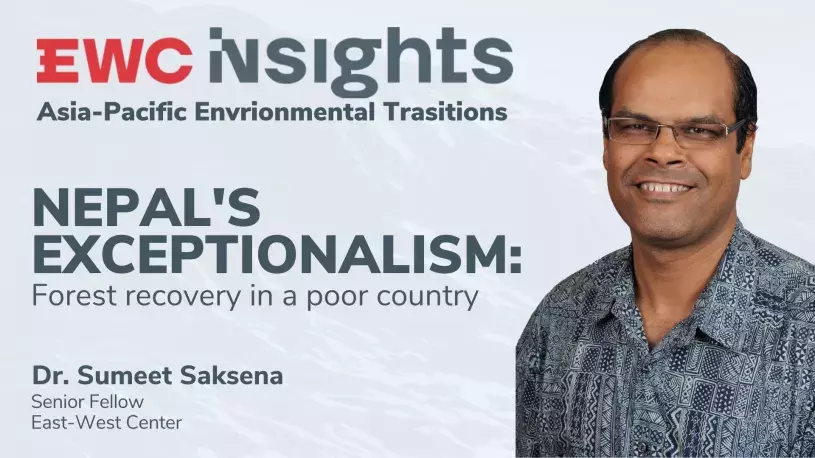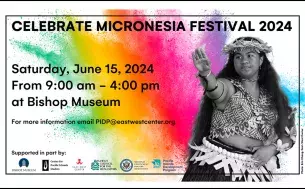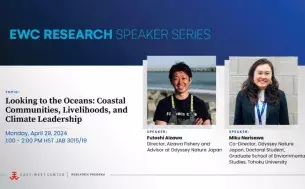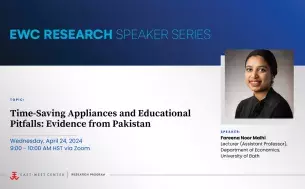Error message

Since the 1980s, Nepal, one of the poorest countries in the world, has gained worldwide recognition for its successful community forestry program. Researchers, however, have not previously documented the spatially explicit impacts of this forest transition because topographic effects, e.g., shading, clouds, snow, and ice, have hindered remote-sensing imagery analysis. This multi-disciplinary research project built a comprehensive database of forest cover in Nepal between1992 and 2016, identified the biophysical and socioeconomic variables associated with change and quantified their respective influences, and assessed how community forestry and foreign labor migration and remittances affect forest cover change across the country.
Dr. Sumeet Saksena’s work has focused mostly on Asia-Pacific environmental risk analysis; exposure assessment; air pollution; and impacts of land-cover and land-use change on the biophysical environments and people’s livelihoods. Recently, Dr. Saksena has written on determining spatial patterns in Delhi’s ambient air quality data; exposure of infants to air pollution in low-income urban areas; change in forest, agriculture and migration in Nepal; and mapping the urban transition in Vietnam.
The East-West Center Research Program will host a monthly 'EWC Insights' seminar that examines timely issues in the Asia-Pacific Region. We will host these according to current thematic interests at the Center. These include environment and climate change, demographic, and political and
economic transformations shaping the region.
Since the 1980s, Nepal, one of the poorest countries in the world, has gained worldwide recognition for its successful community forestry program. Researchers, however, have not previously documented the spatially explicit impacts of this forest transition because topographic effects, e.g., shading, clouds, snow, and ice, have hindered remote-sensing imagery analysis. This multi-disciplinary research project built a comprehensive database of forest cover in Nepal between1992 and 2016, identified the biophysical and socioeconomic variables associated with change and quantified their respective influences, and assessed how community forestry and foreign labor migration and remittances affect forest cover change across the country.
Dr. Sumeet Saksena’s work has focused mostly on Asia-Pacific environmental risk analysis; exposure assessment; air pollution; and impacts of land-cover and land-use change on the biophysical environments and people’s livelihoods. Recently, Dr. Saksena has written on determining spatial patterns in Delhi’s ambient air quality data; exposure of infants to air pollution in low-income urban areas; change in forest, agriculture and migration in Nepal; and mapping the urban transition in Vietnam.
The East-West Center Research Program will host a monthly 'EWC Insights' seminar that examines timely issues in the Asia-Pacific Region. We will host these according to current thematic interests at the Center. These include environment and climate change, demographic, and political and
economic transformations shaping the region.











